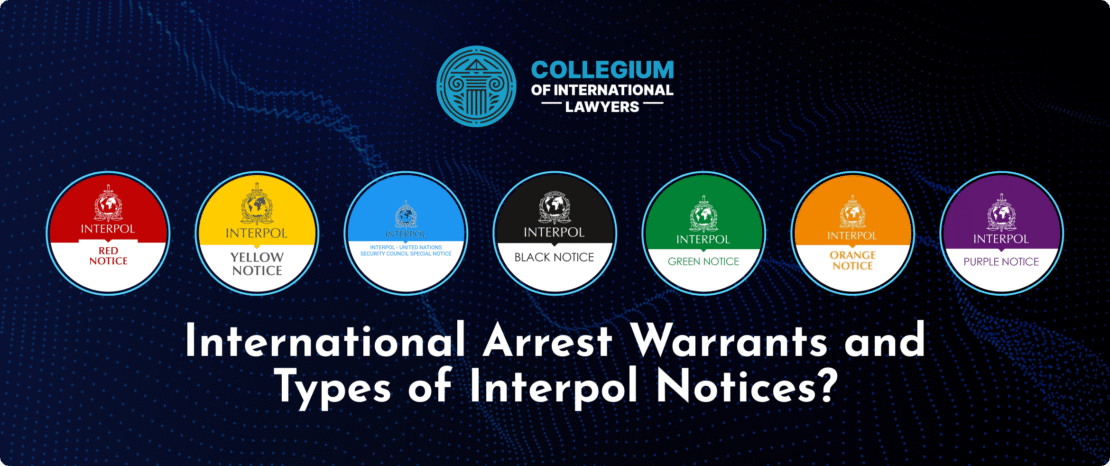
Verifying the Legitimacy of Gaming Sites: A Comprehensive Guide
In the rapidly expanding world of online gaming, it’s crucial to ensure that the platforms you choose to engage with are legitimate. With countless gaming sites available, not all of them uphold the standards of safety and fairness. To navigate this landscape confidently, this guide provides essential tips and strategies to help you verify gaming site legitimacy. If you want to delve deeper into this topic, you can check out this resource on verifying gaming site legitimacy how to spot fake gaming platforms.
Understanding the Importance of Legitimacy
When engaging with a gaming site, the importance of verifying its legitimacy cannot be overstated. Fraudulent platforms can not only compromise your personal and financial information but also offer unfair gaming practices that undermine the gaming experience. By ensuring the legitimacy of a site, you protect yourself from scams and ensure you are playing in a secure environment.
Key Indicators of a Legitimate Gaming Site
Several factors can help you establish whether a gaming site is legitimate. Let’s explore these critical indicators:
1. Licensing and Regulation
The first step in verifying a gaming site’s legitimacy is to check for the appropriate gaming licenses. Legitimate online gaming platforms notably display their licensing information, often found in the footer section of their website. Regulatory bodies vary by region, but reputable licenses come from organizations like the UK Gambling Commission, Malta Gaming Authority, and the Kahnawake Gaming Commission. If a site lacks a valid license, consider it a red flag.
2. Secure Payment Methods
Examining the payment methods available on a gaming site is crucial. Legitimate platforms typically offer various secure payment options, including credit cards, e-wallets like PayPal, and cryptocurrencies. Be wary of sites that only accept wire transfers or cryptocurrencies without additional safe payment options, as these often lack buyer protection.
3. User Reviews and Reputation
Researching user reviews can provide valuable insight into a gaming site’s reliability. Check out forums, social media, and specialized review sites. Look for consistent reports of issues or positive mentions of a particular site. A solid reputation among players often indicates a legitimate gaming platform.
4. Game Fairness and Transparency
Legitimate gaming sites use third-party auditors to ensure game fairness and transparency. Look for certifications from organizations like eCOGRA or iTech Labs, which test games for randomness and fairness. If a site does not provide this information, it’s advisable to proceed with caution.
5. Customer Support Accessibility
A legitimate gaming site should offer accessible customer support. Look for multiple contact options, including live chat, email, and phone support. Test the response time and quality of assistance to gauge their reliability. If customer support is challenging to reach or unresponsive, consider it a warning sign.

Common Red Flags to Avoid
While knowing the indicators of legitimacy is essential, recognizing red flags is equally important. Here are common signs that a gaming site may not be trustworthy:
1. Lack of Contact Information
Reputable sites typically provide clear contact information, including a physical address and customer support details. If a site lacks this information, it may be attempting to hide its identity.
2. Unusual Promotions
While promotions and bonuses are common in the gaming world, be skeptical of offers that appear too good to be true. Aggressive promotions that promise unrealistic returns may indicate a scam.
3. Poor Website Design
The quality of a website often reflects its legitimacy. A poorly designed site, filled with broken links, spelling mistakes, or unprofessional graphics, can be a sign of a fraudulent platform. Legitimate companies invest in a user-friendly and visually appealing web presence.
4. Unclear Terms and Conditions
Read the terms and conditions carefully. A legitimate gaming platform has clear, concise terms regarding bonuses, withdrawals, and user agreements. If these terms are vague or convoluted, it’s often a tactic to exploit users.
Steps to Take if You Encounter a Scam
If you suspect that you’ve fallen victim to a scam gaming site, take immediate action:
- Cease All Interaction: Stop any further deposits or communication with the site.
- Document Everything: Keep records of your transactions, emails, and chats with customer support.
- Report the Site: Report the site to gaming authorities and, if necessary, to law enforcement or consumer protection agencies.
- Inform Your Bank: Contact your bank or payment provider to discuss the situation and explore options for refunds or chargebacks.
Conclusion
Verifying the legitimacy of gaming sites is an essential skill for anyone looking to enjoy online gaming safely. By understanding the key indicators of legitimacy, recognizing red flags, and knowing what to do if you encounter a scam, you can protect yourself and enjoy a secure gaming experience. Stay informed, be cautious, and remember that a little research goes a long way in ensuring a smooth and enjoyable gaming adventure.



